Copyright 2007-25 Digital Media Law Project and respective authors. Except where otherwise noted,
content on this site is licensed under a Creative Commons Attribution-Noncommercial-ShareAlike 3.0 License: Details.
Use of this site is pursuant to our Terms of Use and Privacy Notice.
content on this site is licensed under a Creative Commons Attribution-Noncommercial-ShareAlike 3.0 License: Details.
Use of this site is pursuant to our Terms of Use and Privacy Notice.


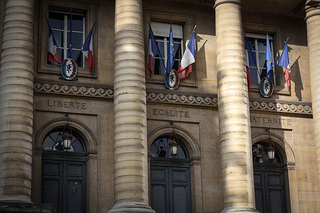 On November 6, the Paris Tribunal de Grande Instance (TGI) ordered Google and Google France to withdraw and stop displaying in their search engine results, for a period of five years, nine pictures of British citizen Max Mosley. By doing so, the TGI refused to consider Google as a mere Internet intermediary that provides hosting and/or caching functions.
On November 6, the Paris Tribunal de Grande Instance (TGI) ordered Google and Google France to withdraw and stop displaying in their search engine results, for a period of five years, nine pictures of British citizen Max Mosley. By doing so, the TGI refused to consider Google as a mere Internet intermediary that provides hosting and/or caching functions.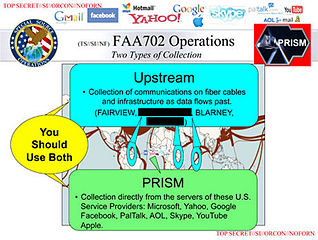 (This is the second part of a two-part post. In
(This is the second part of a two-part post. In 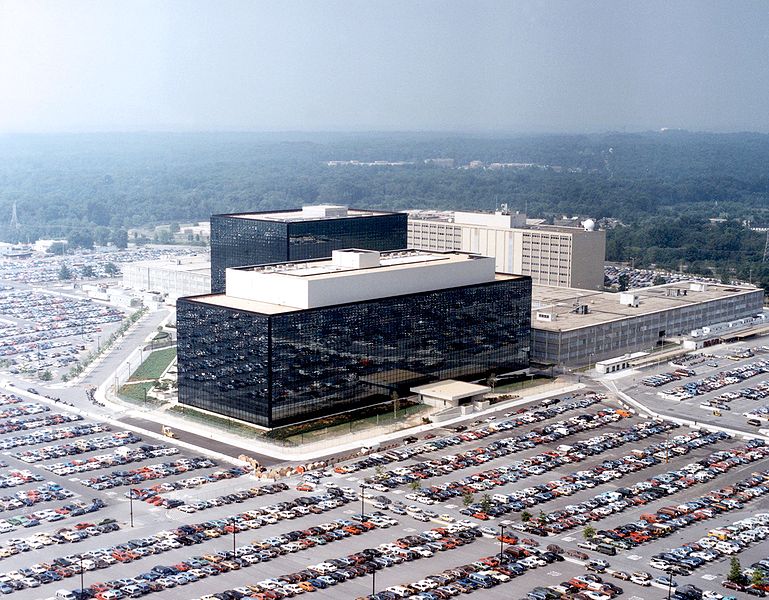 (Following on from
(Following on from  A
A 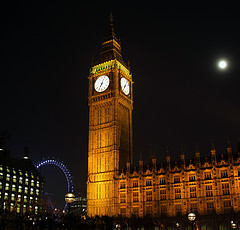 Britain's effort to reform its defamation laws and shed London's title of "libel capital of the world" has been chugging along for several years, but now it looks like it's in sight of the last stop: The government unveiled its proposed
Britain's effort to reform its defamation laws and shed London's title of "libel capital of the world" has been chugging along for several years, but now it looks like it's in sight of the last stop: The government unveiled its proposed  The All-Party Intellectual Property Group (APIP) in the United Kingdom
The All-Party Intellectual Property Group (APIP) in the United Kingdom  Social media are abuzz about English Premier League footballer
("soccer player" to us Yanks) Ryan Giggs, who has obtained an order from a British
court requiring Twitter to reveal the identity of various tweeters who
identified him as having had an affair with model and Big Brother
contestant Imogen Thomas.
Social media are abuzz about English Premier League footballer
("soccer player" to us Yanks) Ryan Giggs, who has obtained an order from a British
court requiring Twitter to reveal the identity of various tweeters who
identified him as having had an affair with model and Big Brother
contestant Imogen Thomas.
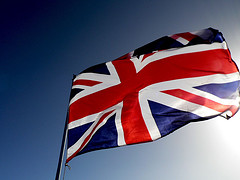 I've been writing about impending British libel reform for almost two years now, putting a post together every time something happens to bring the United Kingdom closer to fixing its quite-literally-backwards defamation laws. "Ooo, the High Court has tossed a textbook libel tourism case," I cheered in
I've been writing about impending British libel reform for almost two years now, putting a post together every time something happens to bring the United Kingdom closer to fixing its quite-literally-backwards defamation laws. "Ooo, the High Court has tossed a textbook libel tourism case," I cheered in 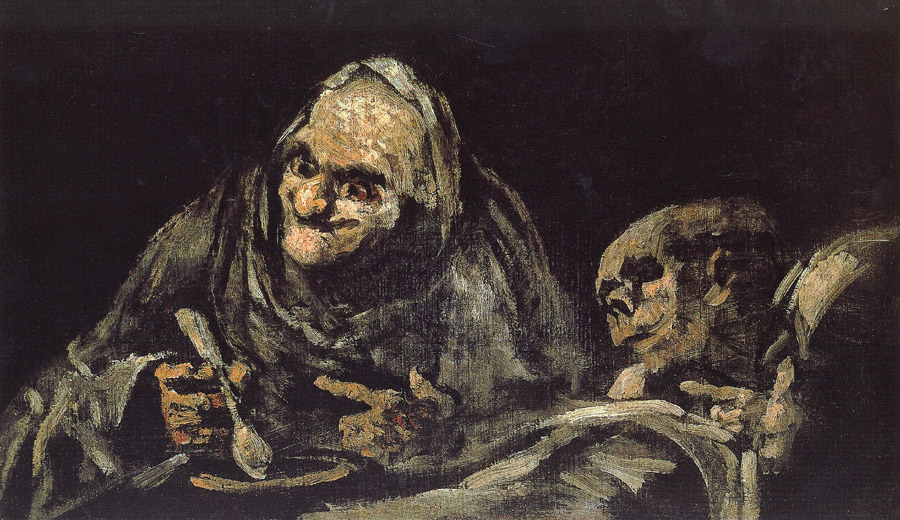
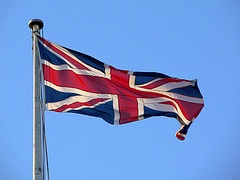 The reform of British libel law has been something of a will o' the wisp in recent years. Every few months it seems, the issue jumps to the fore, either through
The reform of British libel law has been something of a will o' the wisp in recent years. Every few months it seems, the issue jumps to the fore, either through 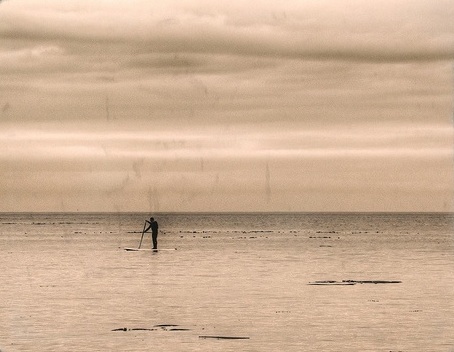 No man is an island, no man stands alone
No man is an island, no man stands alone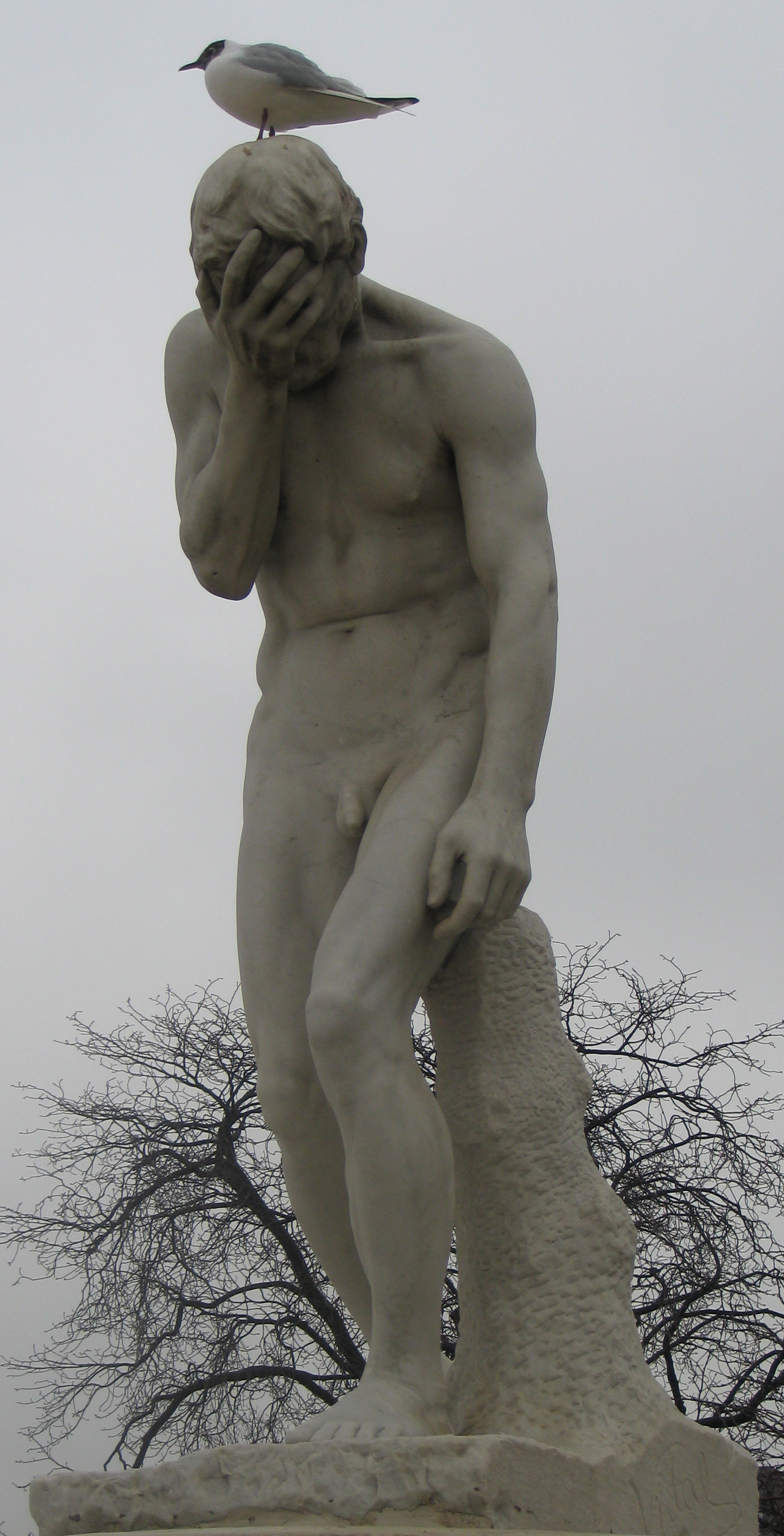 Let’s review the two basics of modern criminal law:
Let’s review the two basics of modern criminal law:

Description:
During the trial, the government did not present evidence that the individual defendants directly participated in any acts of vandalism and violence. Instead, the prosecution pointed to web postings by, and video of, the members celebrating the acts and using the word "we" to claim credit for the conduct.
On appeal, the Court of Appeals for the Third Circuit affirmed the conviction on October 14, 2009, finding that the Animal Enterprise Protection Act was constitutional on its face and as applied to the defendants. In particular, the court found that links on the SHAC website to tools that facilitated (illegal) virtual sit-ins were clearly intended to incite imminent, lawless conduct, and that such conduct was likely to occur, and thus were not protected speech.
It is not clear whether the defendant's have petitioned the Supreme Court for a writ of certiorari.